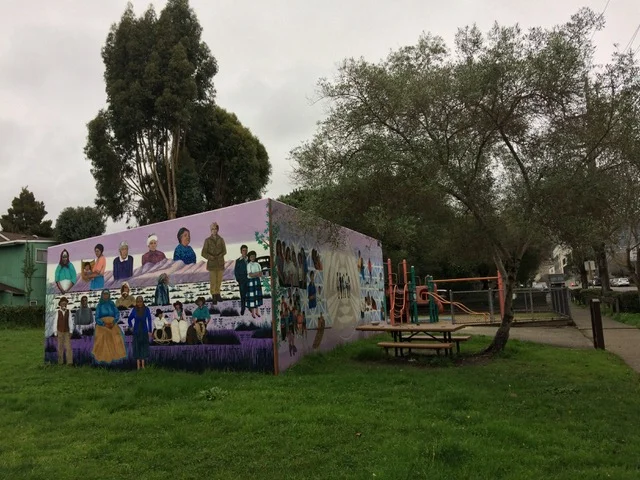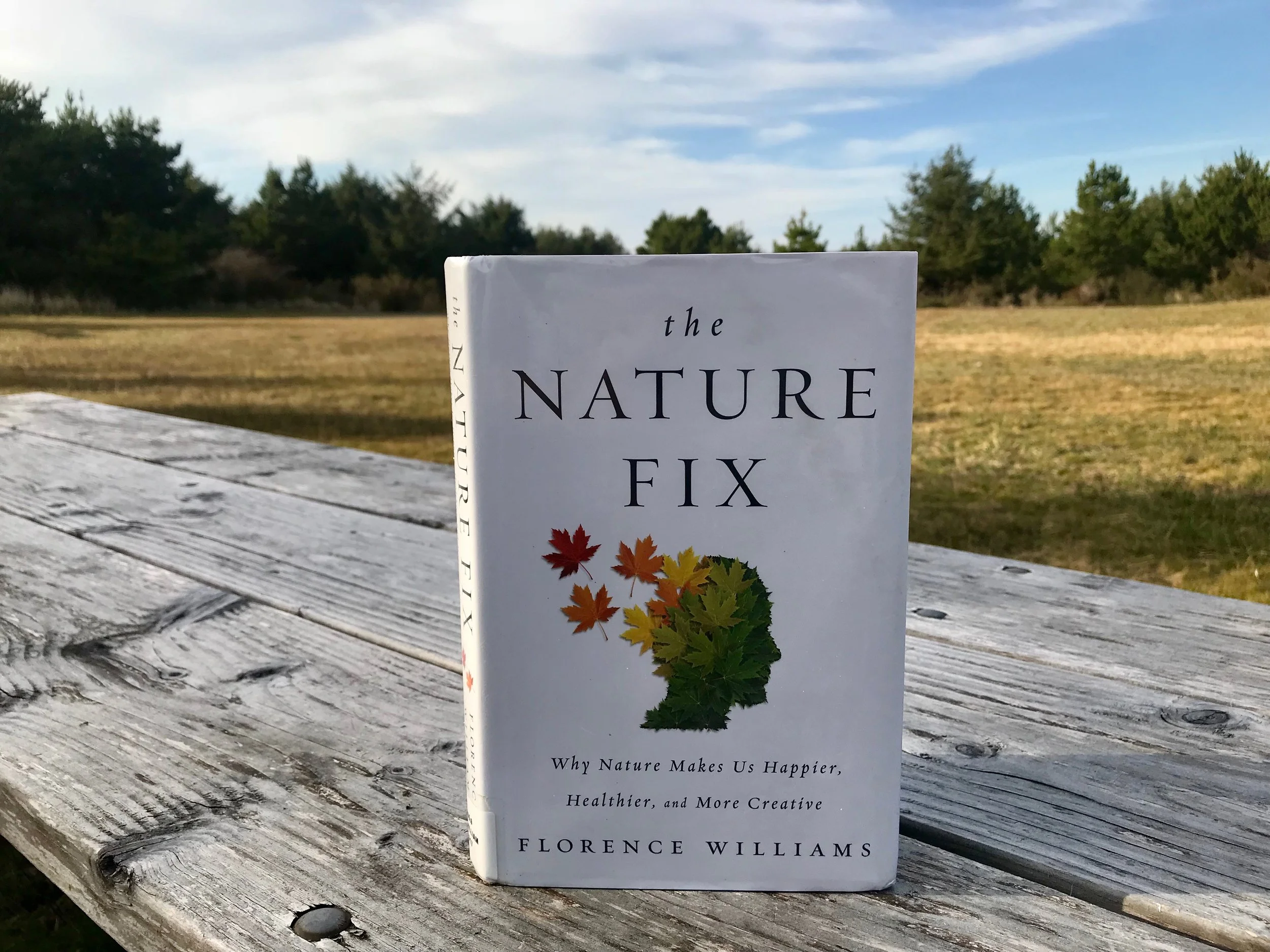Our book closes with the suggestion that ‘if you are lucky enough to drink wine by the sea, you are lucky enough’. We don’t know who first wrote down or uttered the mantra, but we chose to end our book with this simple sentence that combines, in the most poetic of images, several possible benchmarks for a fullfulled, contented life.
It implies that a person drinking wine by the sea has suficient income to purchase wine – so they are not experiencing income poverty. It implies that a person drinking wine by the sea is not so overwhelmed by work or care commitments that they cannot take time out for themselves – so they are not experiencing time poverty. It also implies that the seas are worth being near – so they are not polluted with industrial emissions or plastic waste, nor are they rising due to climate change.







